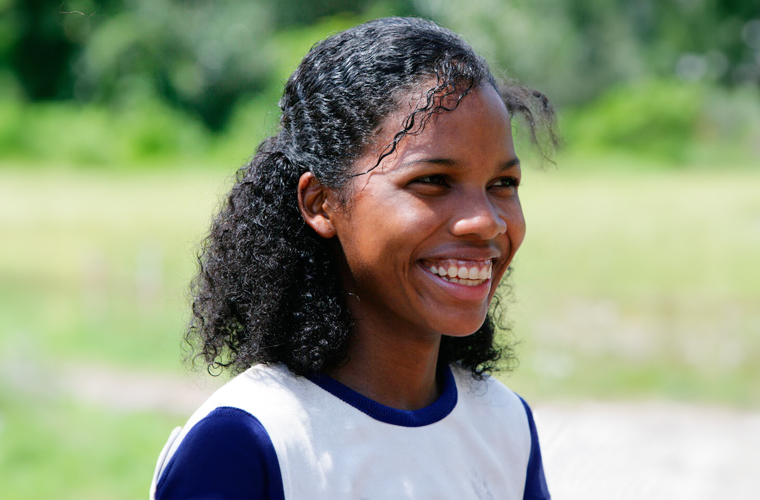The Arawak people are an indigenous group that historically inhabited the Caribbean islands, as well as parts of South America. They are known for their rich culture, traditions, and history, which have been passed down through generations. The Arawak were skilled farmers, cultivating crops such as cassava, sweet potatoes, and maize. They also hunted and fished to supplement their diet. Their agricultural practices were highly advanced for the time, and they were able to sustain large populations in their settlements.
In addition to their agricultural prowess, the Arawak were also skilled craftsmen. They created intricate pottery, woven baskets, and carved wooden objects. Their artistic talents were evident in the designs and patterns that adorned their creations. The Arawak lived in villages led by a chief or cacique, who was responsible for making important decisions for the community. They had a complex social structure with clear roles for men, women, and children. The Arawak were also known for their elaborate religious beliefs and rituals, which often revolved around nature and the spiritual world.


















One of the most significant aspects of Arawak culture was their language. The Arawak language, also known as Lokono, was spoken by people across the Caribbean and parts of South America. It was a vital part of their identity and was used to communicate their traditions, stories, and knowledge. The arrival of European colonizers in the late 15th century had a devastating impact on the Arawak people. The introduction of new diseases, forced labor, and violent conflicts led to a significant decline in their population. Many Arawak were enslaved or killed, and their traditional way of life was severely disrupted.
Despite the challenges they faced, the Arawak have persevered and continue to maintain their cultural heritage. Today, efforts are being made to preserve and revitalize the Arawak language and traditions. Organizations and communities are working to ensure that future generations have the opportunity to learn about and celebrate Arawak culture.
In conclusion, the Arawak people have a rich and diverse history that is an integral part of the Caribbean’s heritage. Their contributions to agriculture, art, language, and spirituality have left a lasting impact on the region. It is important to recognize and honor the resilience of the Arawak people and support their ongoing efforts to preserve their cultural legacy.

